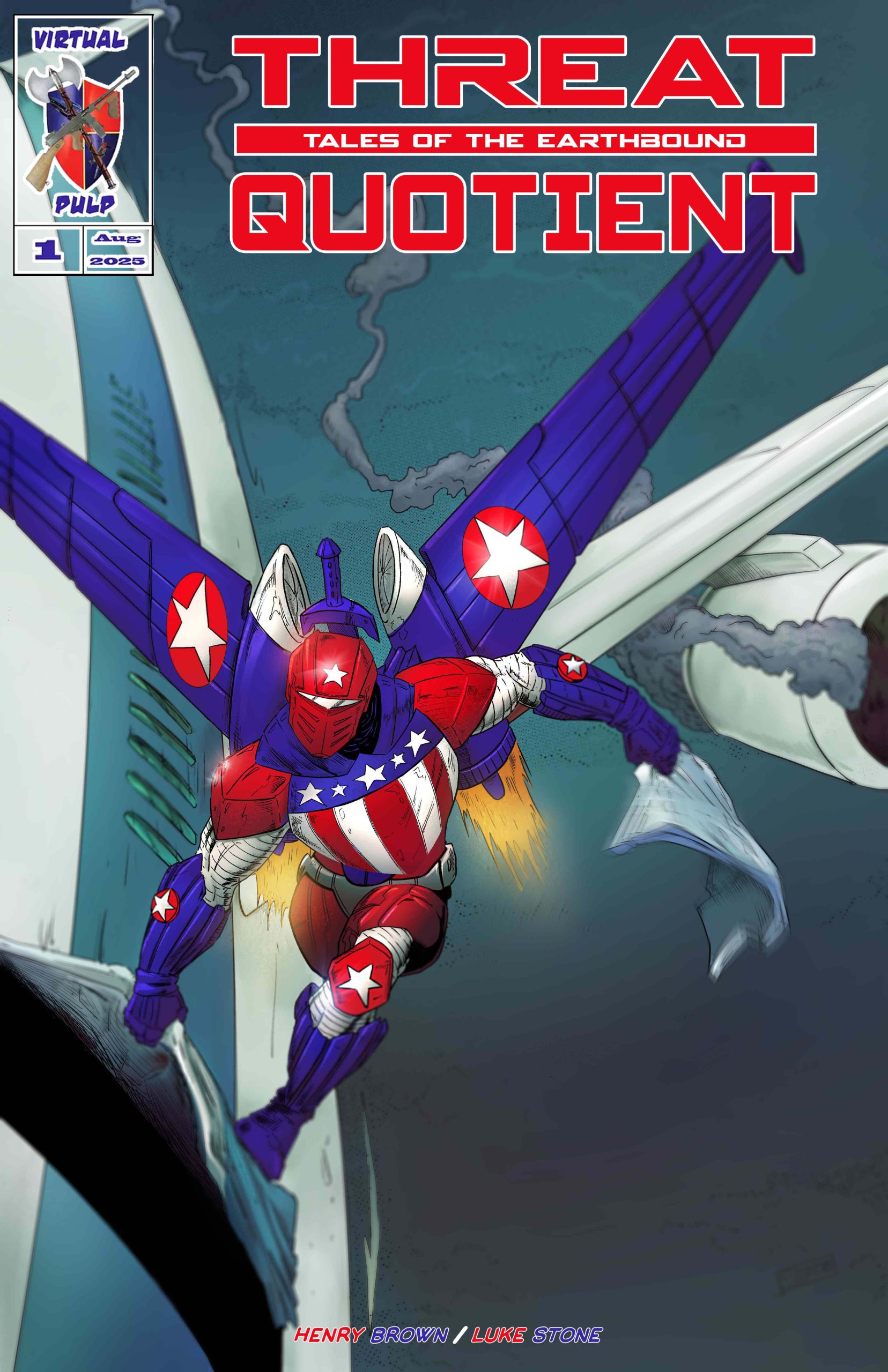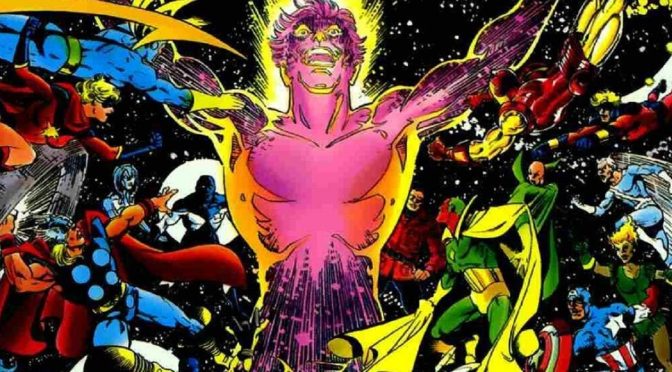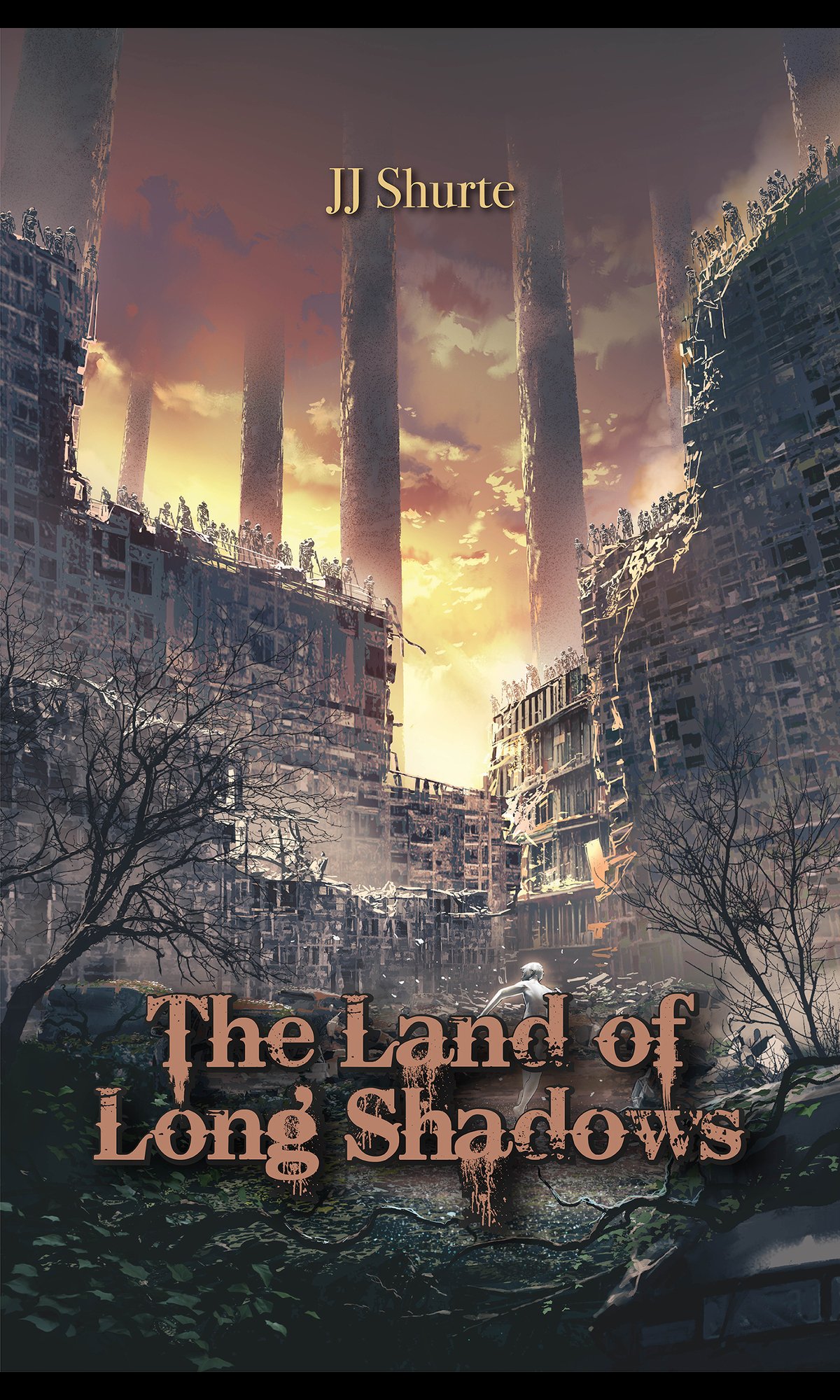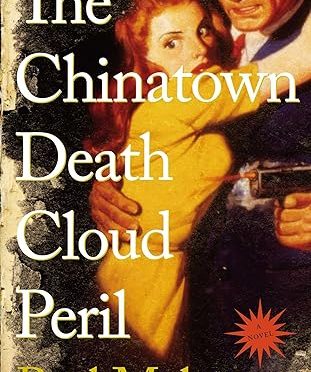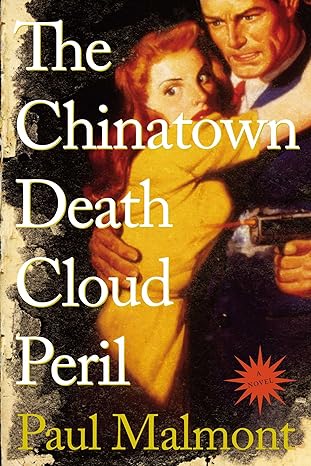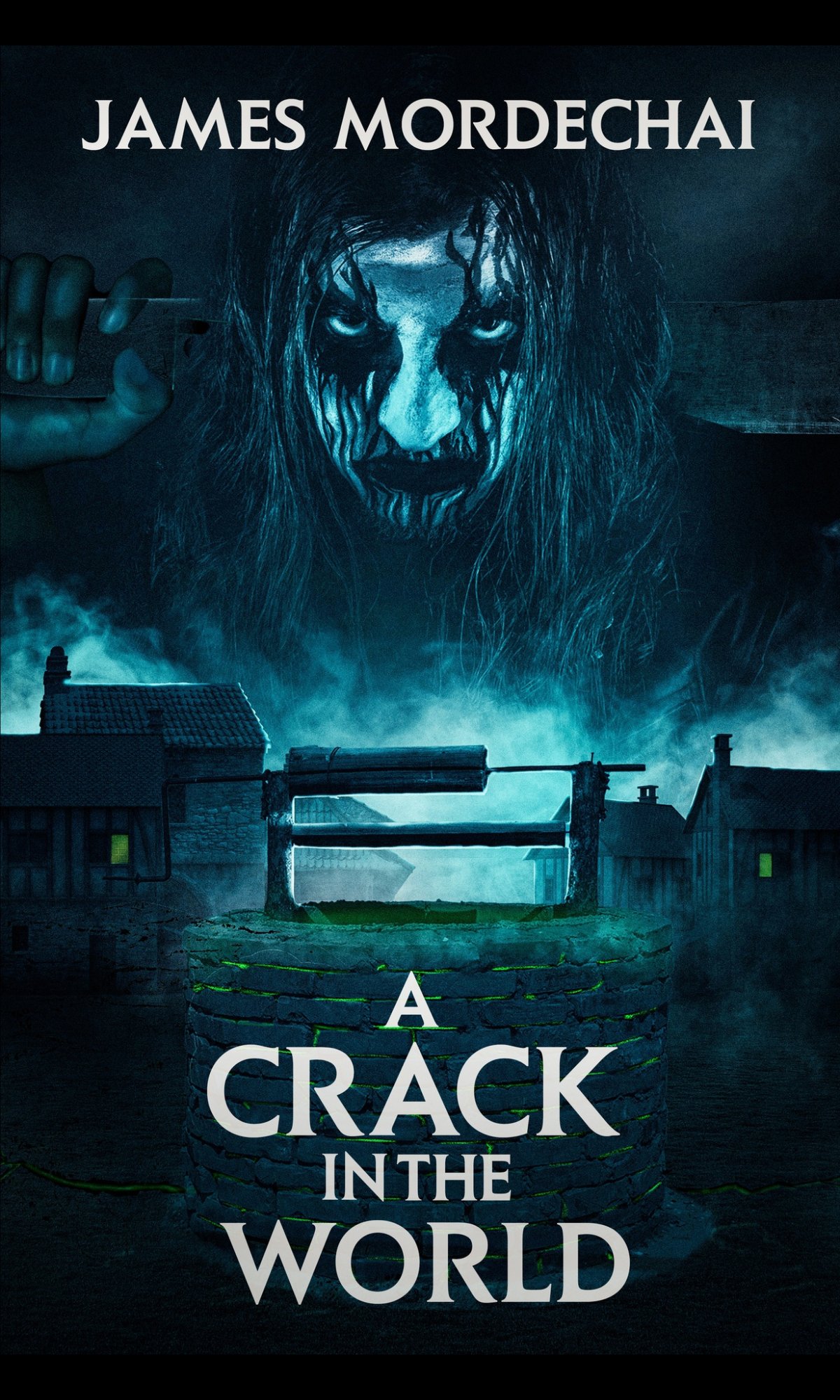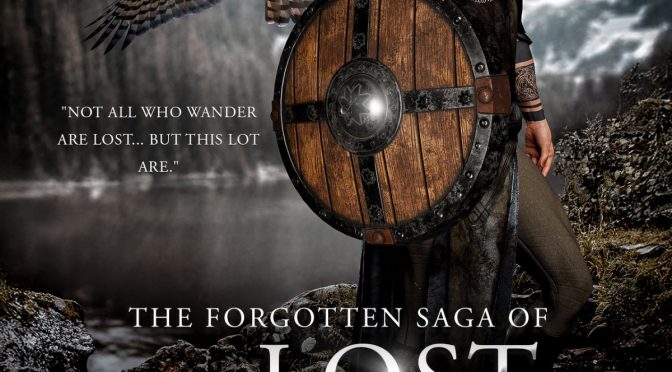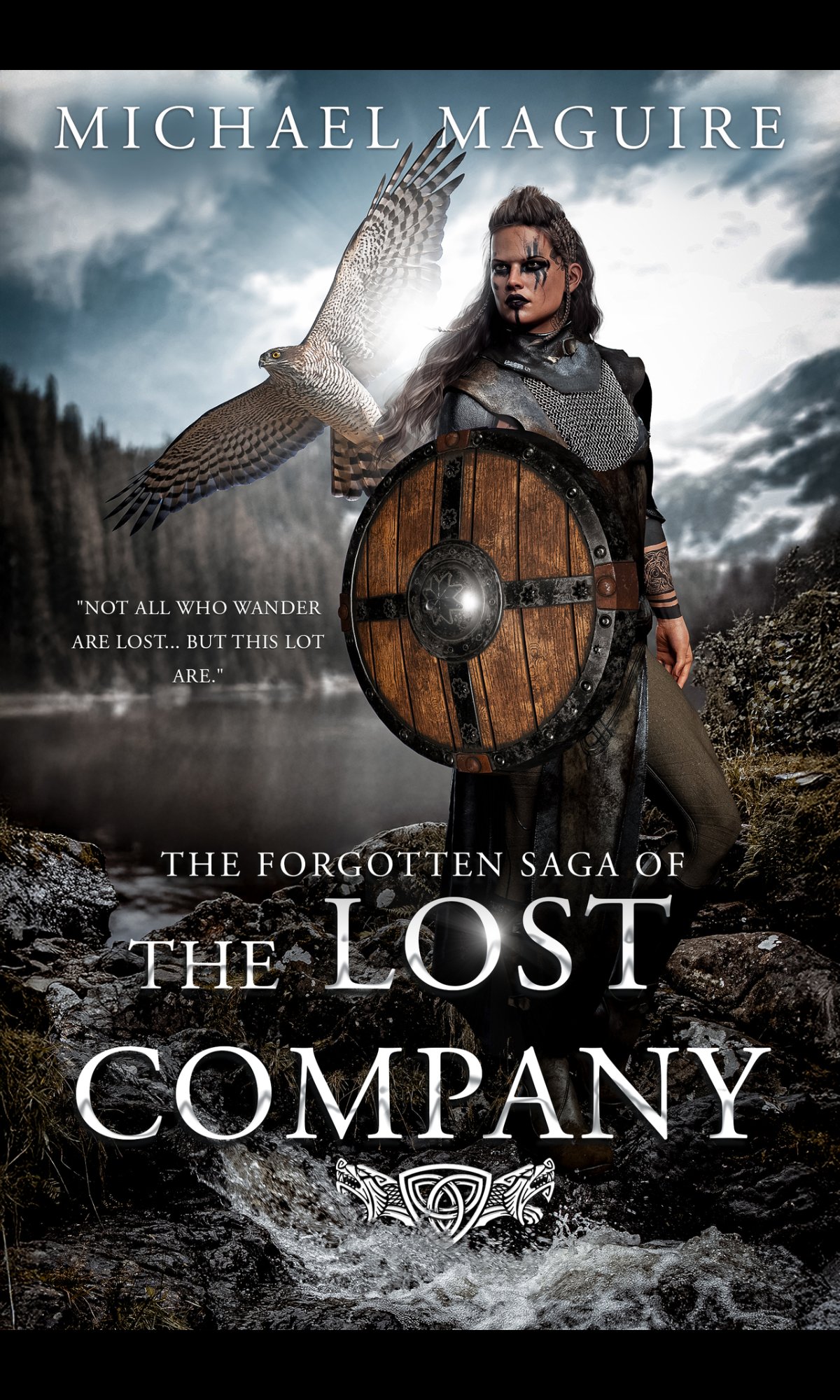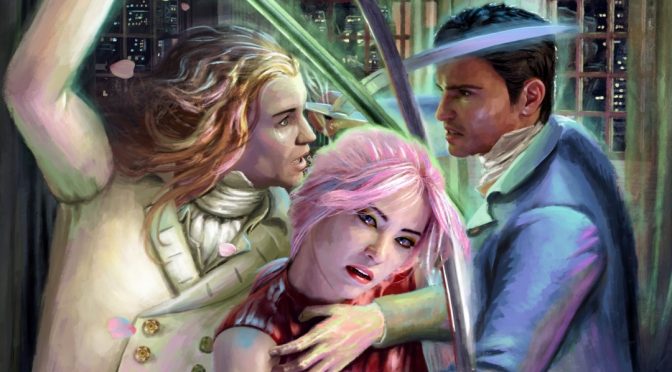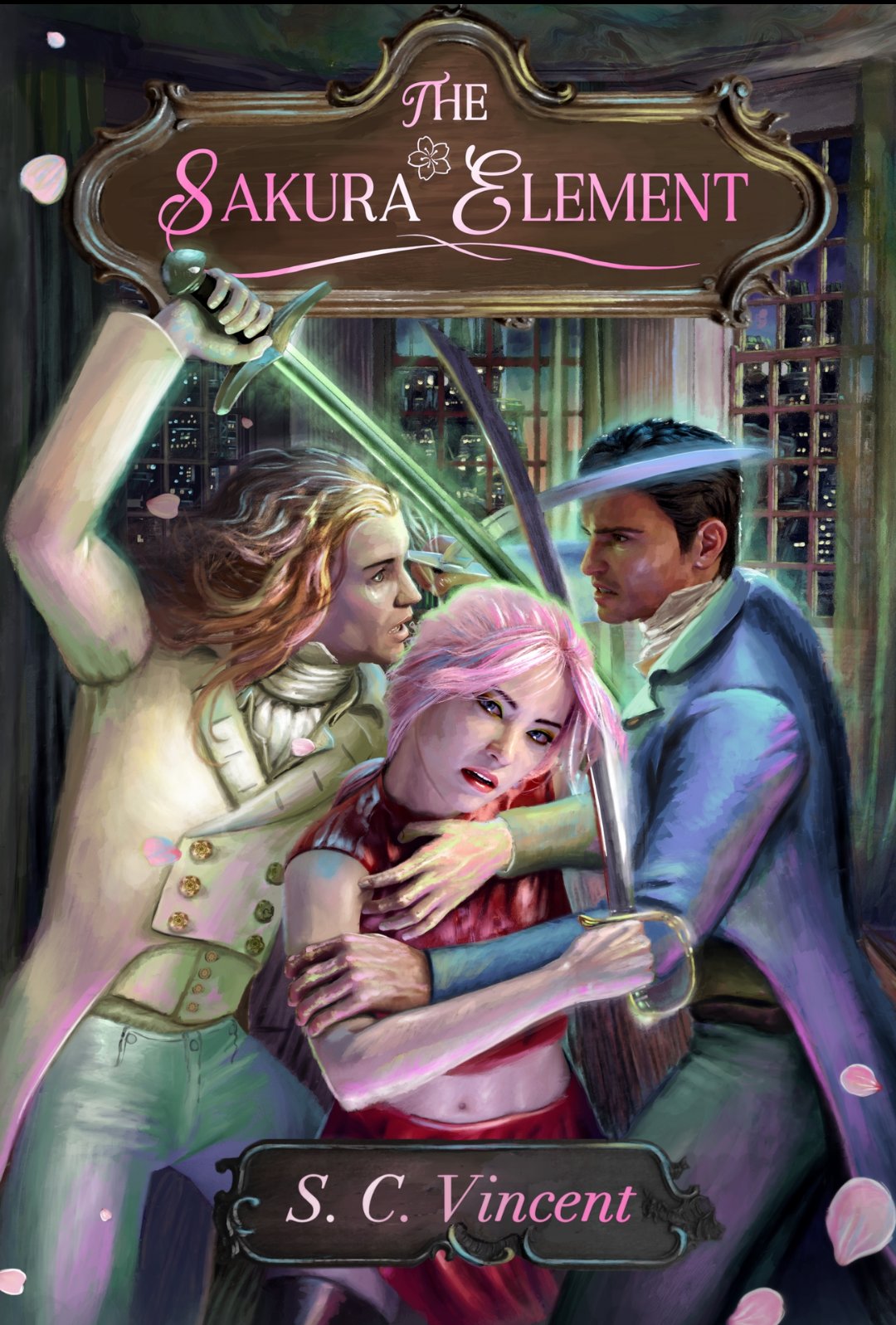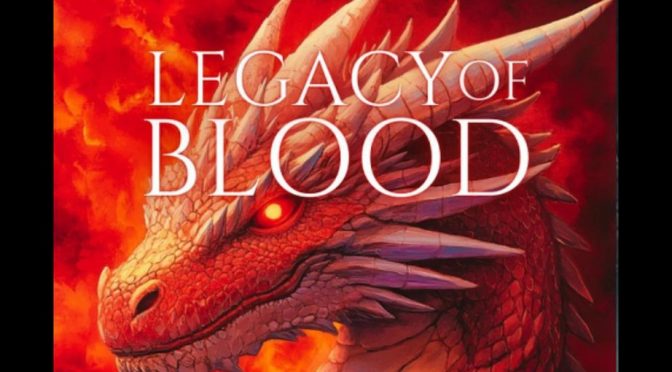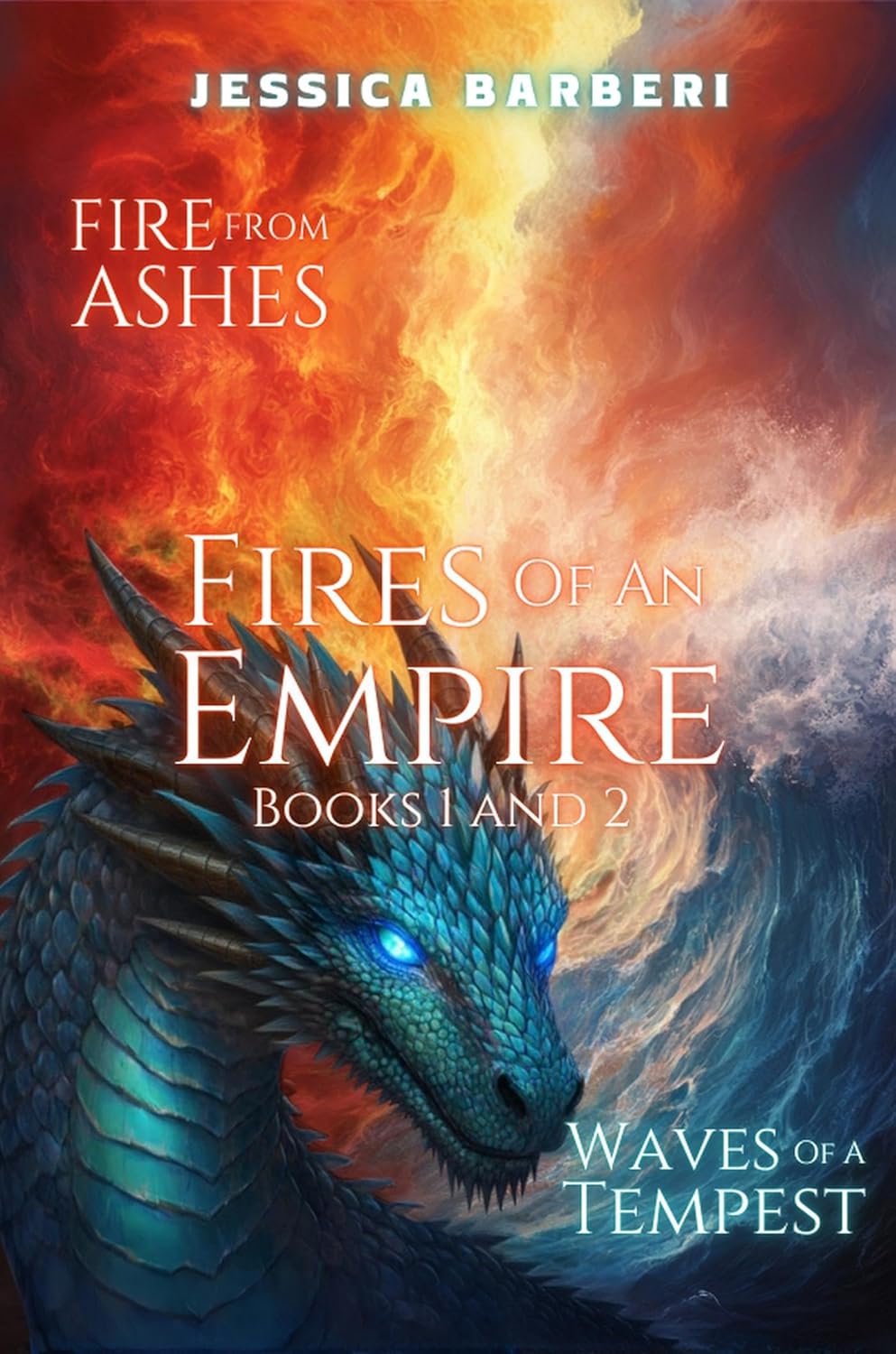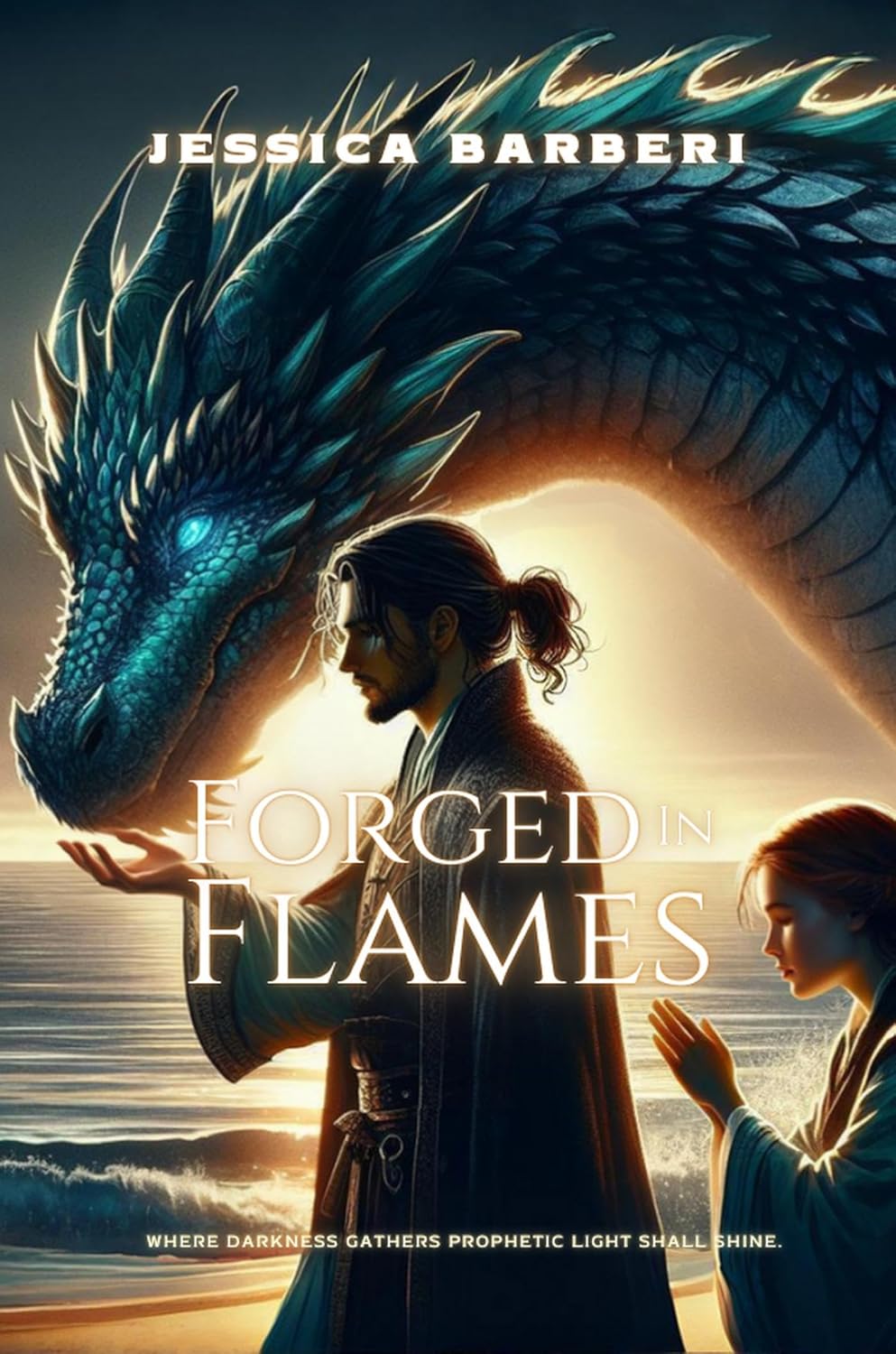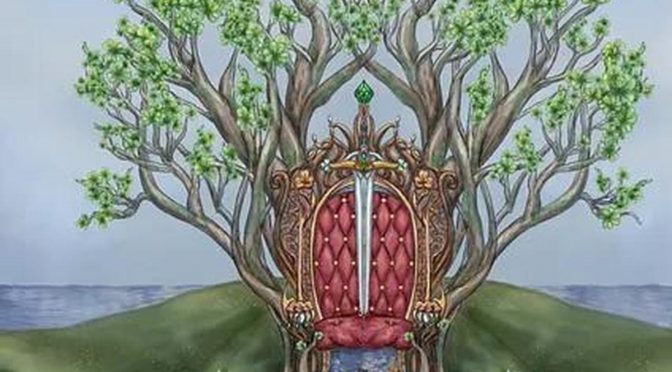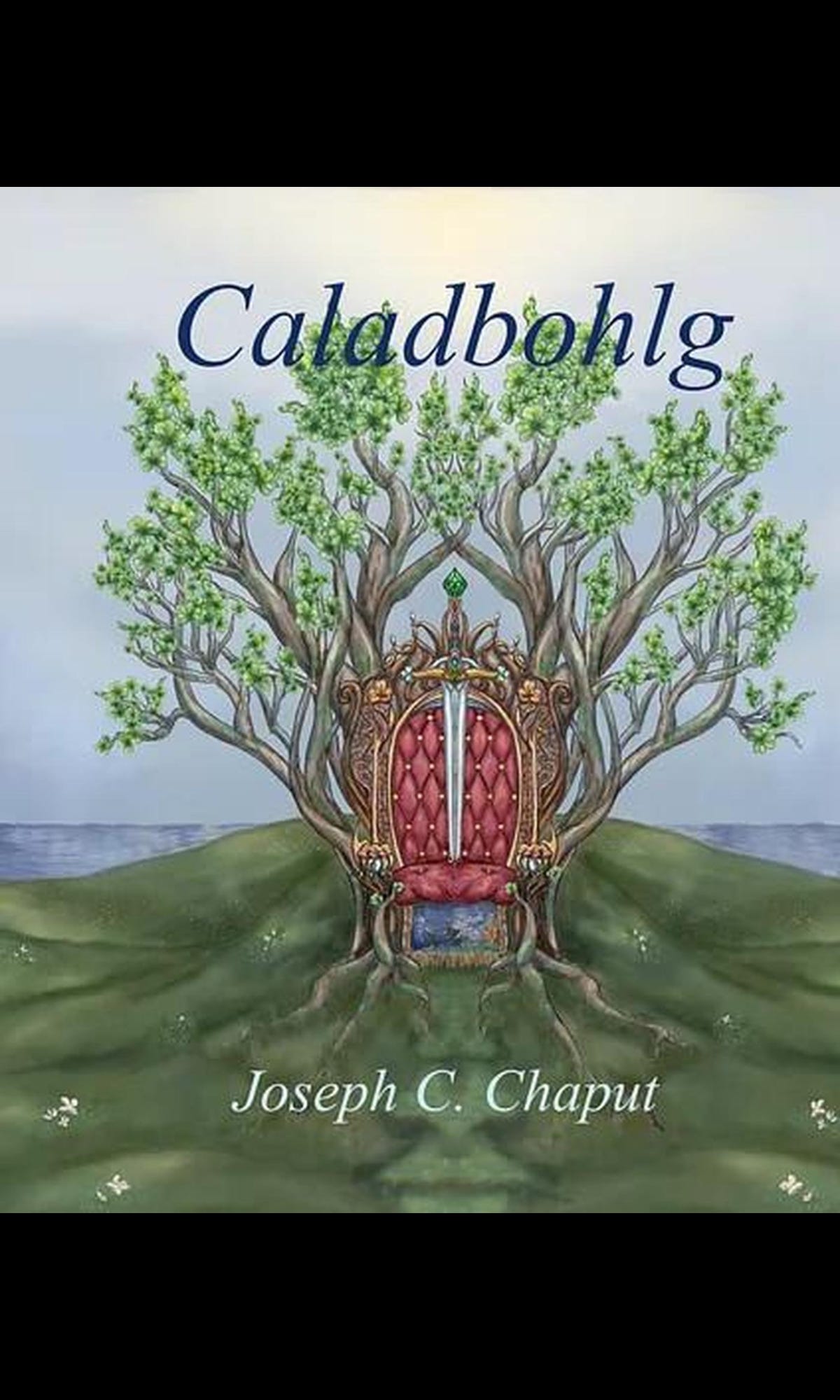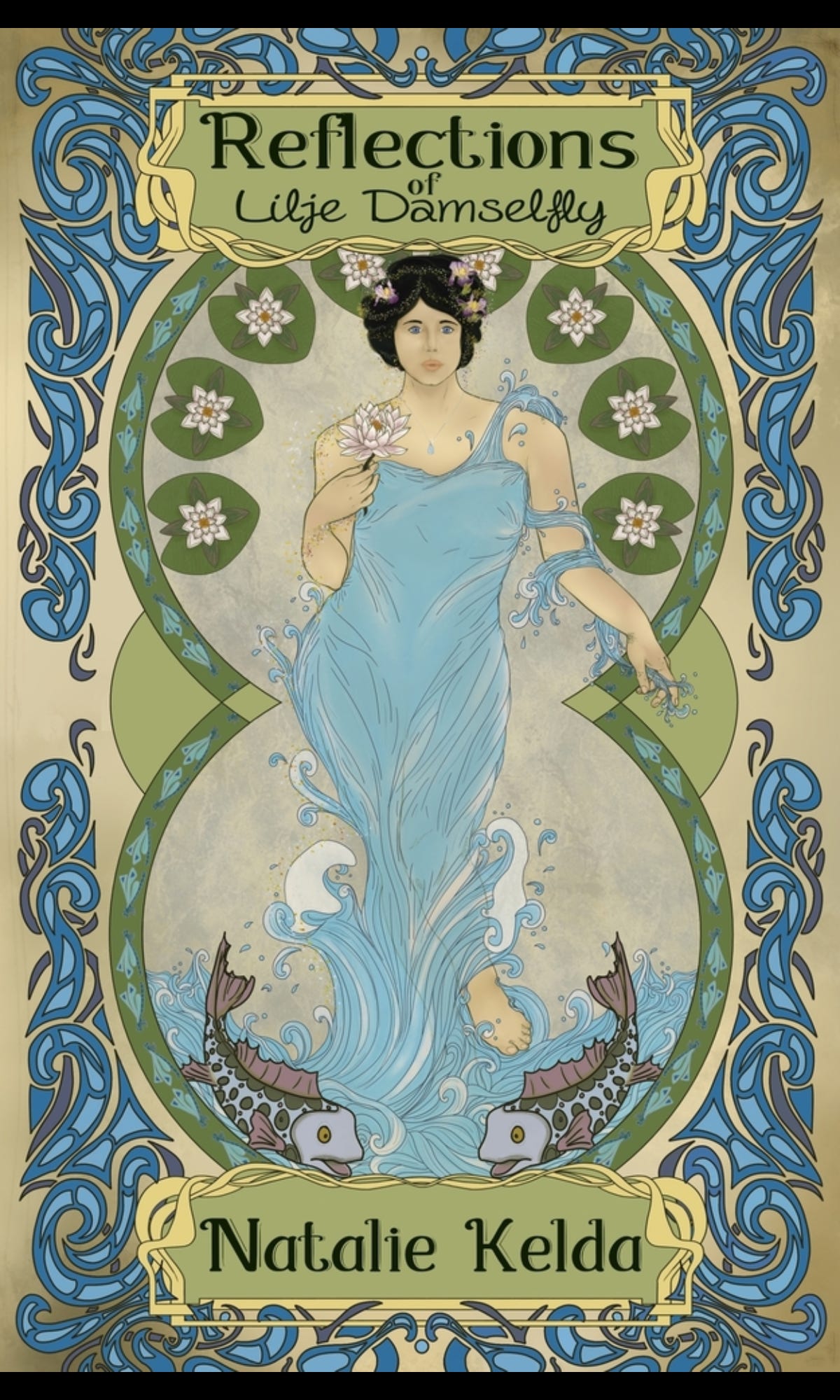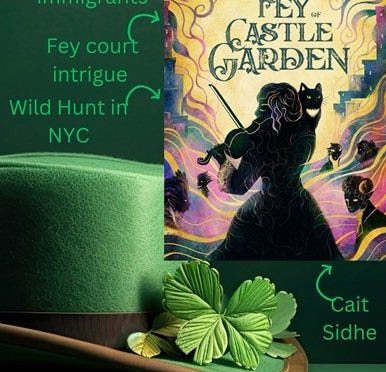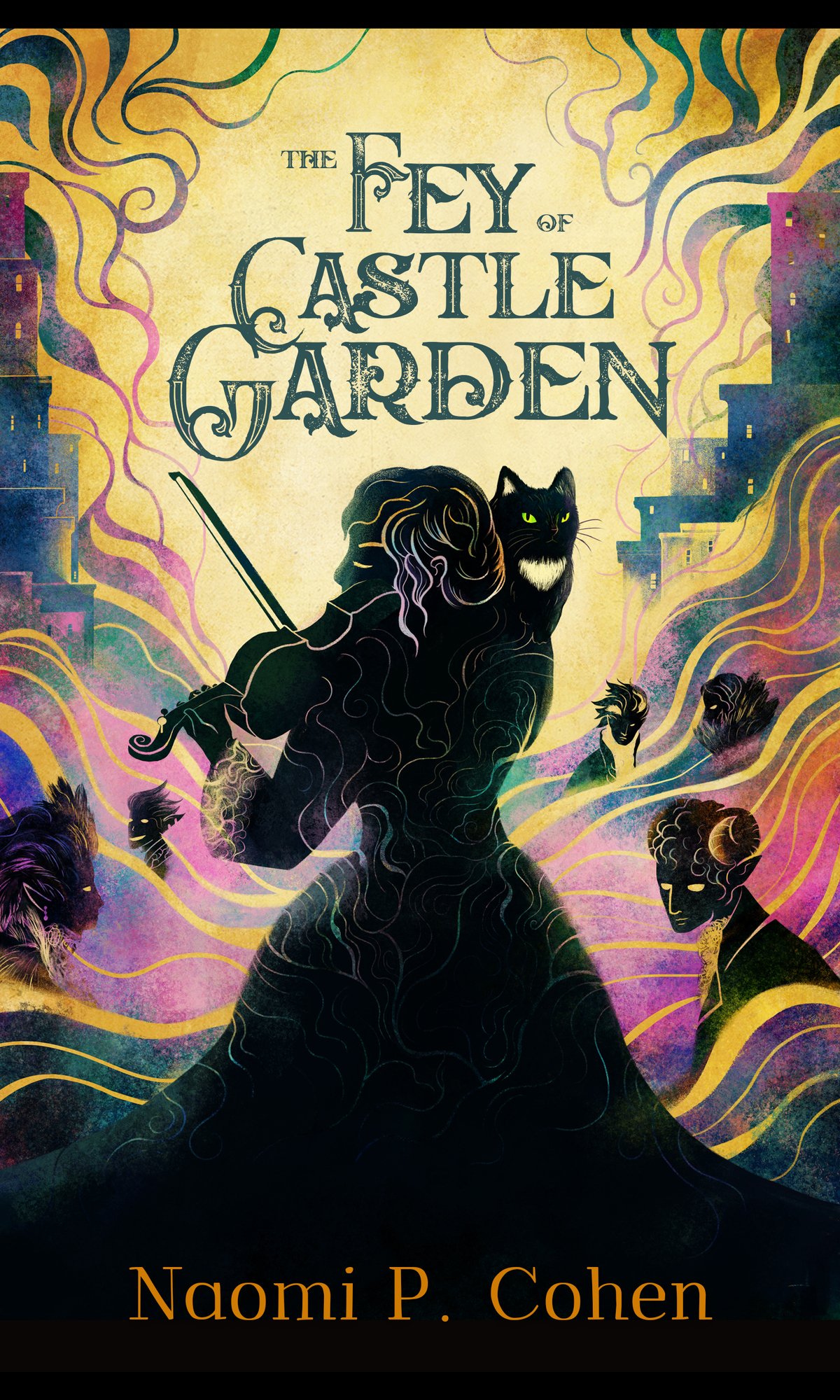AVENGERS: THE KORVAC SAGA
MARVEL COMICS
REVIEWED BY MACHINETROOPER
I’ve been meaning to review this graphic novel for some time. The recent loss of comics legend (pariah to some) Jim Shooter finally lit a fire under me.
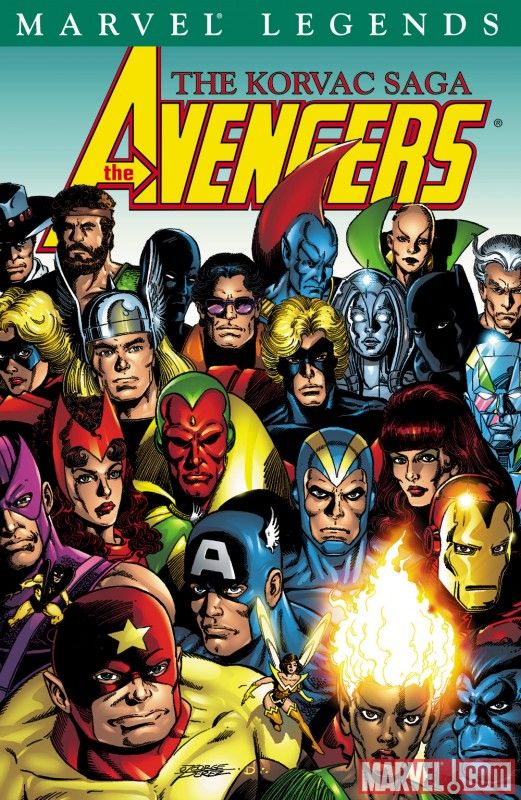
This is a compendium of vintage comic books, the climactic final issue of which (The Hope and the Slaughter/Those Who Lay Dying)I acquired as a boy and re-read many times over the years. The Avengers had a packed roster then (just about every Marvel hero except Spiderman, the Fantastic Four, Daredevil and the Hulk by the end of the saga). It was my introduction to Starhawk and the Guardians of the Galaxy. It was my favorite Avengers story, despite missing all the lead-up issues, I guess because it featured disparate heroes working together in a desperate battle against an epic threat.
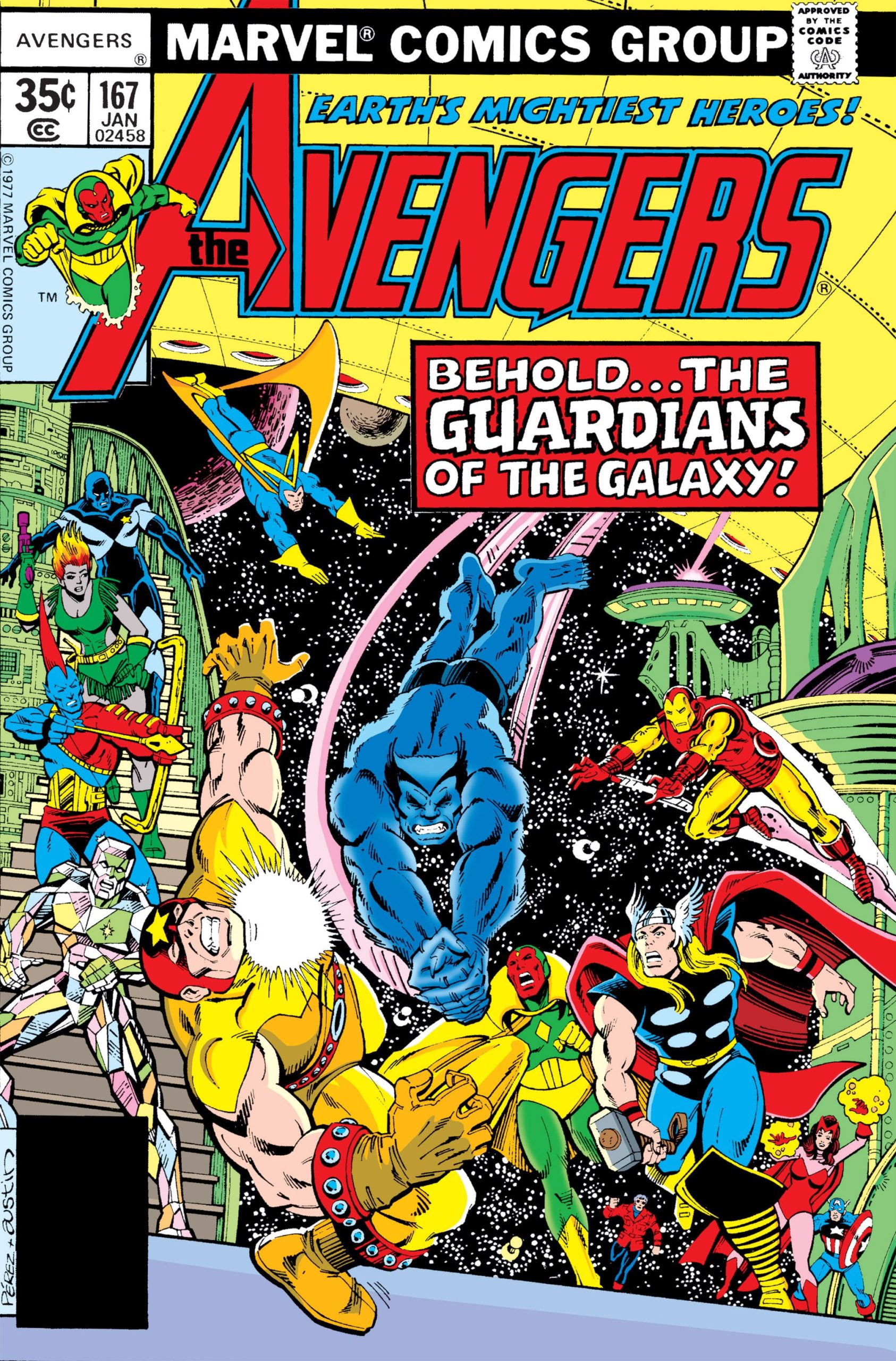
Writing credits go to Shooter, David Michelinie and Bill Mantlo. Artwork came from George Perez, Sal Buscema, David Wenzel and Tom Morgan.
THE CATALYST:
The story begins with Avengers HQ receiving a distress call from Nick Fury: an enormous structure is on a collision course with the SHIELD space station. SHIELD’s “electronics consultant” Tony Stark is aboard the station at the time (back when Iron Man’s true identity was actually secret). Thor, having inexplicably been transported to 20th Century Earth recently, is having lunch with Wonder Man when they receive the “Avengers Assemble” call. All the traditional members will muster before this saga is over–plus many, many more.
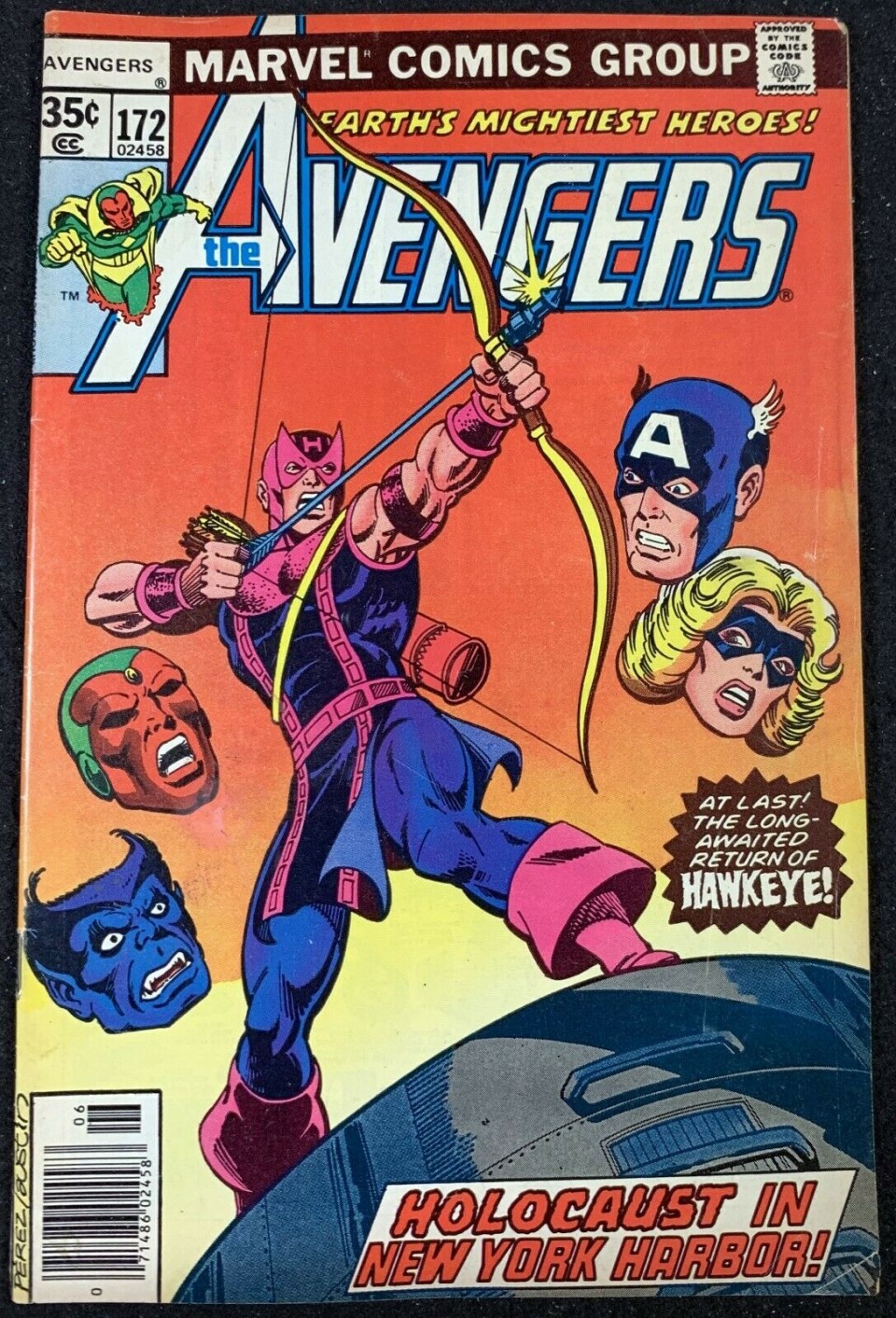
NOTABLE CHARACTERS:
Wonder Man always seemed like an unimaginative Superman pastiche to me, created for no other reason than no other comic company had trademarked the name. We get a pinch of character development in this saga, and it turns out his opinion of himself was abreast of mine.
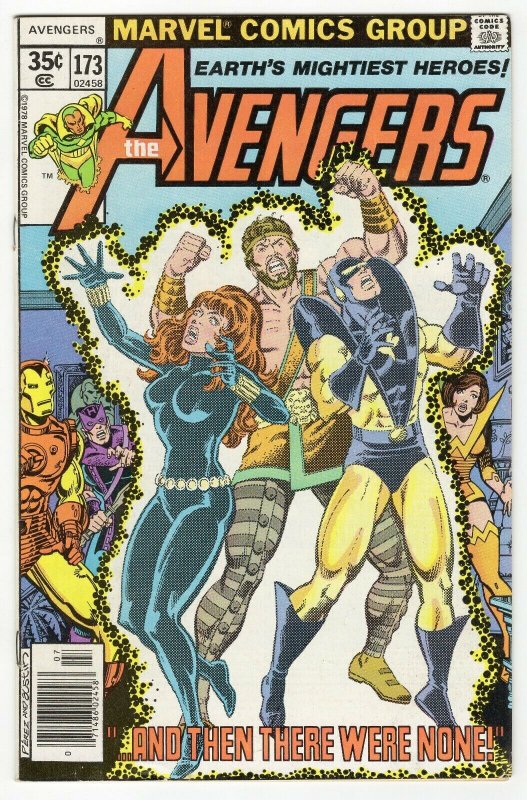
During the Bronze Age, apparently Iron Man and Captain America rubbed each other the wrong way. There is a consistent friction between them here that I never witnessed until the Marvel movies. Iron Man is juggling a lot of duties, including leading the group, and doesn’t always see eye-to-eye with Cap, who is a take-charge no-nonsense perfectionist. Two alphas butting heads?
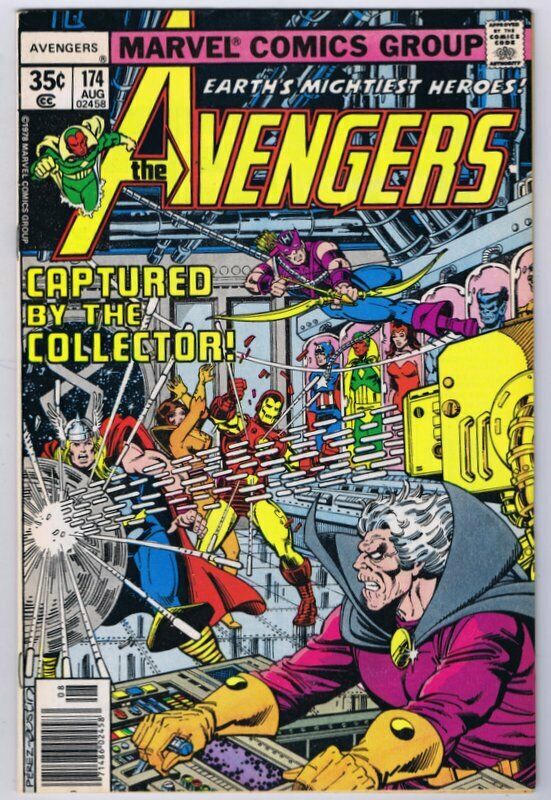
THE CALL TO ADVENTURE:
The Avengers enter the mysterious space structure and encounter the Guardians of the Galaxy, who inform them that Korvac (formerly “the Machine Man”) is building a galactic empire across time and space. As part of his agenda, the Guardians believe he plans to go back in time to assassinate Vance Astro as a child. And without Vance Astro, there will be no Guardians of the Galaxy, meaning Korvac can rule unopposed in an alternate future.
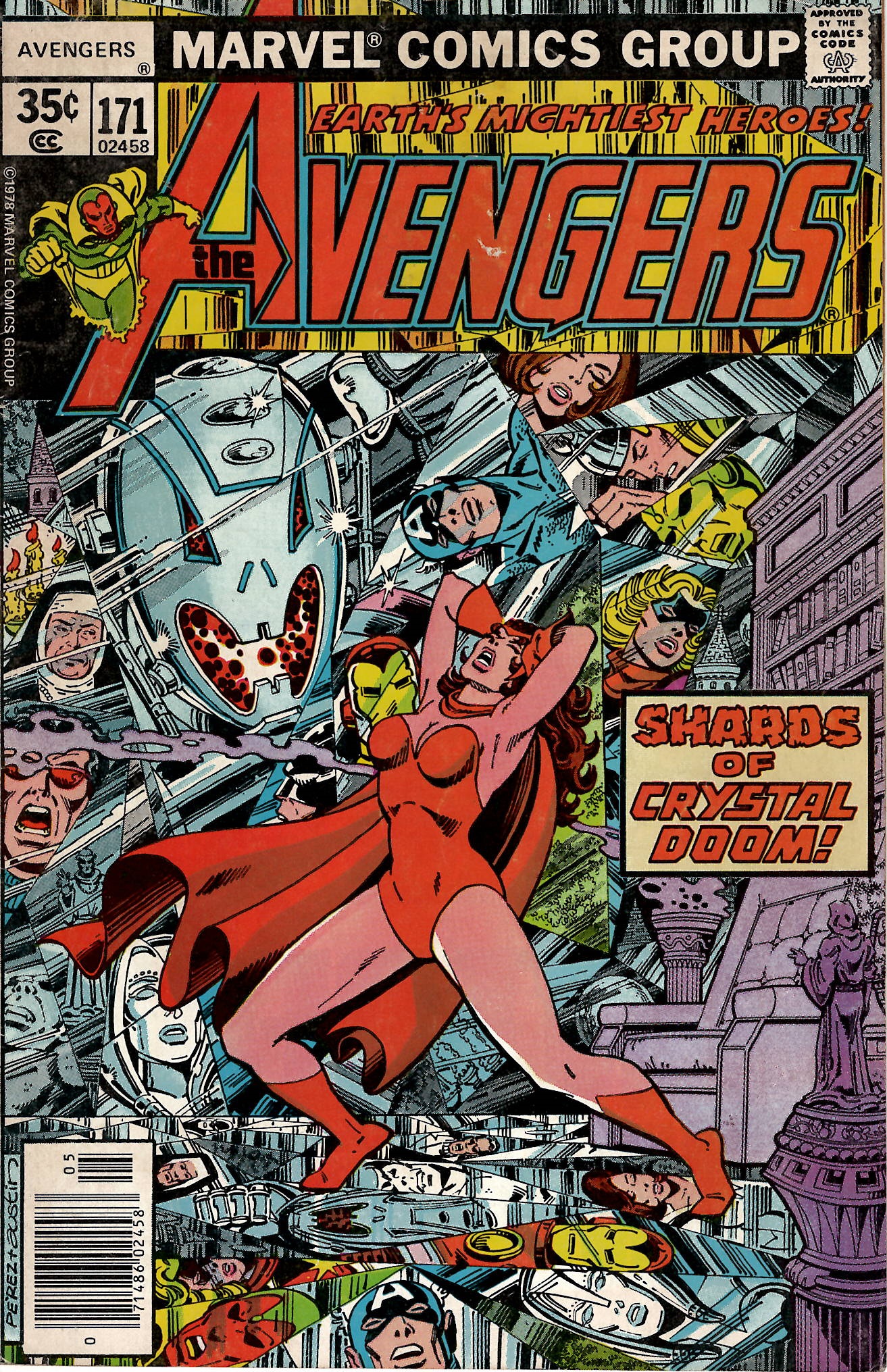
Sound familiar? Well, this storyline predates The Terminator by about seven years.
Korvac must be stopped.
SUBPLOTS:
On their way to the cosmic showdown, heroes clash with villains and each other. In one of the subplots, Special Agent Gyrich from the National Security Council revokes the Avengers’ security clearances, confiscates their Quinjet and other assets. That’s gonna make matter interesting. And humorous: at one point the Avengers assemble to respond to a threat…and have to take a city bus to get on site. In another, Korvac in the guise of a human named Michael, takes up residence in Forest Hills Gardens and acquires a bride who just happens to be the daughter of The Collector. Yet another subplot sees Starhawk obliterated, resurrected, then rendered blind to Korvac’s presence…and even existence.
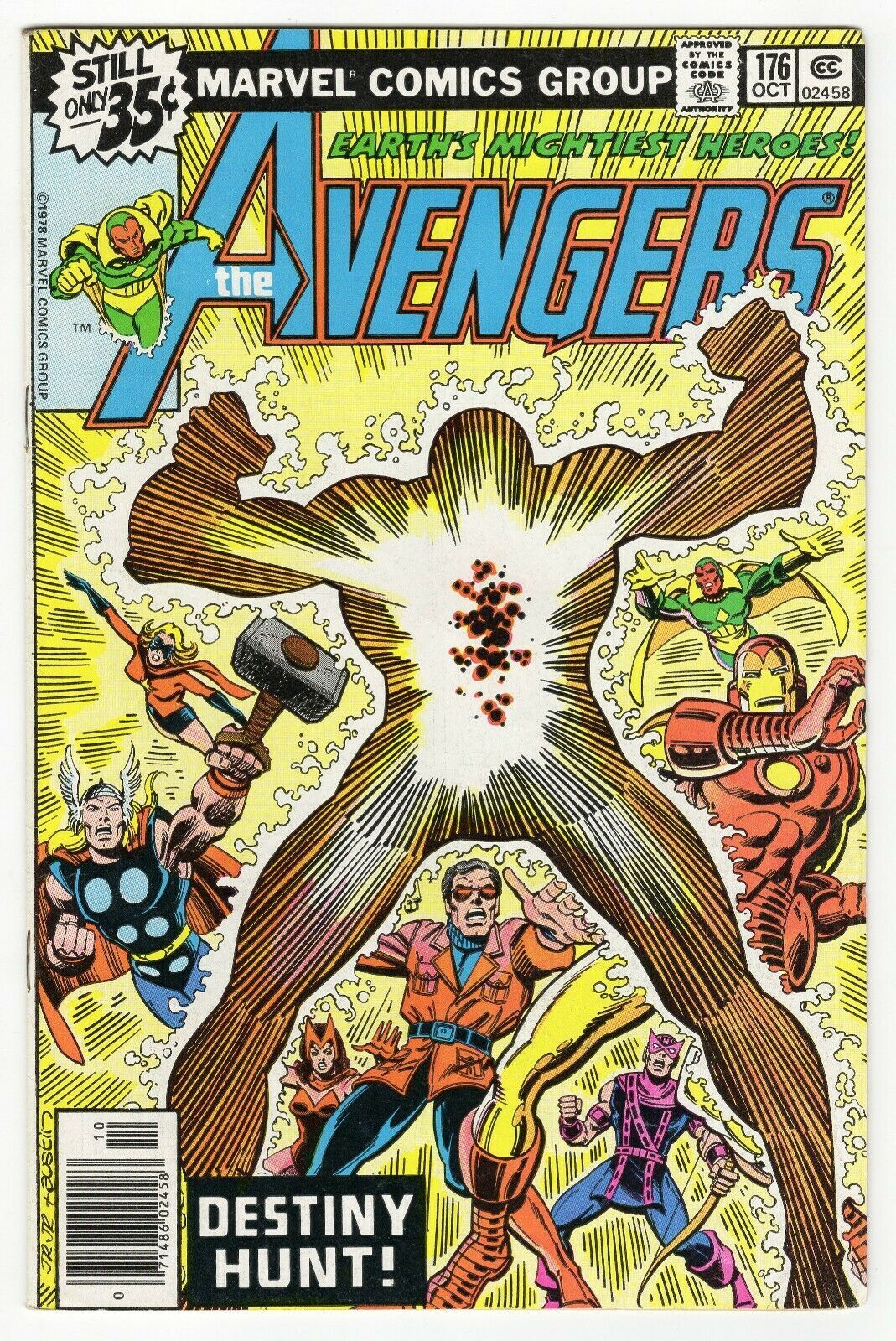
THE SHOWDOWN:
By the climax, Korvac has been revealed as almost all-powerful. The Collector and Ultron can’t hold a candle to him. You have to wonder if even Galactus or Thanos could withstand his power. He incinerates other beings with a cosmic blast from his hand.
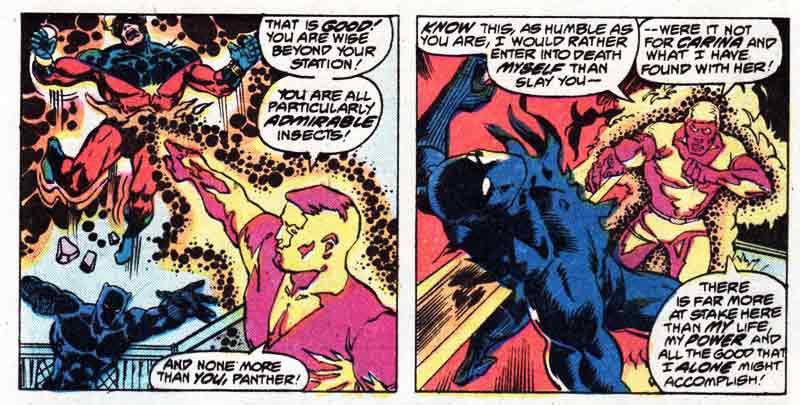
And still, the Avengers, all mortal, don’t shrink from the fight. They feed themselves into the meatgrinder like Tennessee volunteers firing volleys into the hordes of Santa Ana. If you’re like I was as a kid: fascinated by heroism in the face of grisly odds, then The Hope and the Slaughter is a superheroic echo of “Charge of the Light Brigade.”
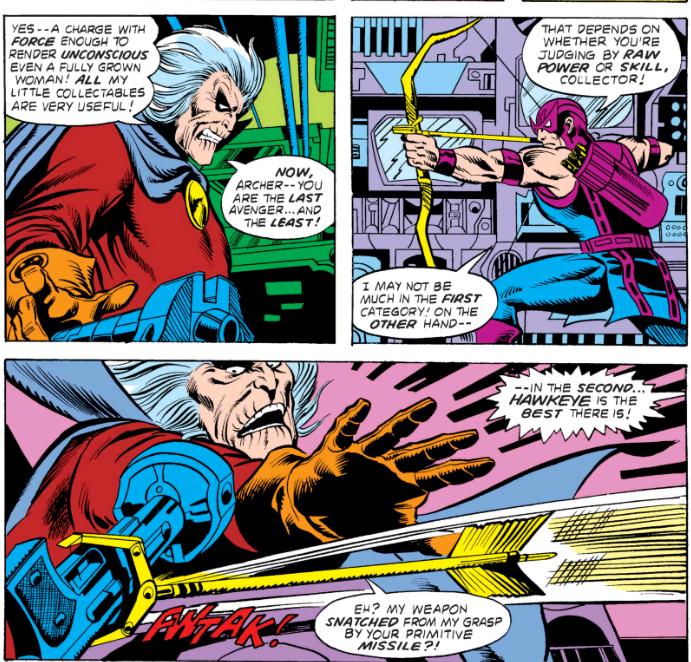
CONS:
As Marvel bullpen writers tended to do in their heyday, the dialog ranges from arch to grandiose. I think this was a Stan Lee tradition that lived on long after his departure to the Left Coast. The colorists often got lazy. When characters are in the background or even just small in the frame, no detailed coloring was attempted–the line art was simply filled in monochrome–all the characters the same color and shade respective to the panel.

PROS:
Another Stan Lee tradition carried on, here, was an emphasis on characterization. There’s a huge cast of characters, which makes keeping personalities distinct a challenge for the writers. Some characters were little more than extras on the set, like Hawkeye, Hercules, Black Panther and Yellowjacket to name just a few; but others are memorable: Wonder Man, Scarlet Witch, Iron Man and Captain America stand out. Even Korvac and his wife are sympathetic.
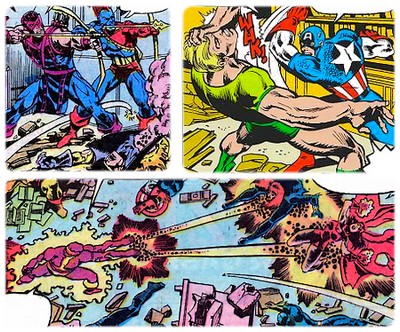
The plotting was very solid. Shooter’s emphasis on continuity shines here. Different problems and villains are dealt with across a number of issues (some from titles other than The Avengers), bearing several character arcs as the overall narrative draws our heroes closer to the battle royale.
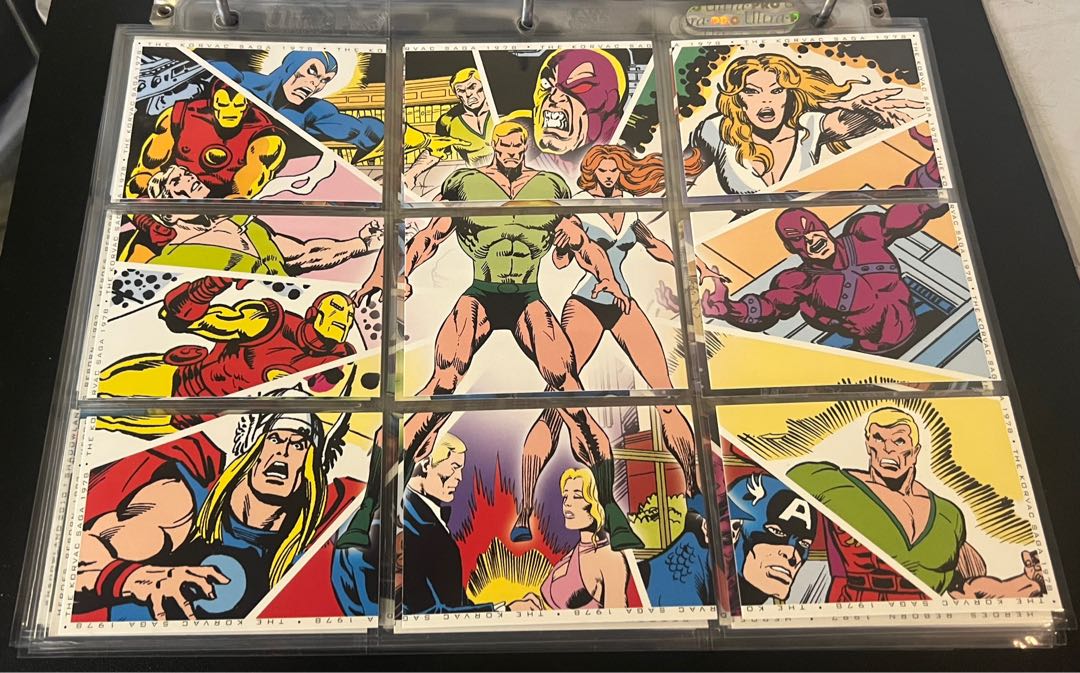
The panel art is what you might expect from Bronze Age Marvel when interior pages were still newsprint: top notch for its time, though nothing like the airbrushed cover art and even photorealism in later years.
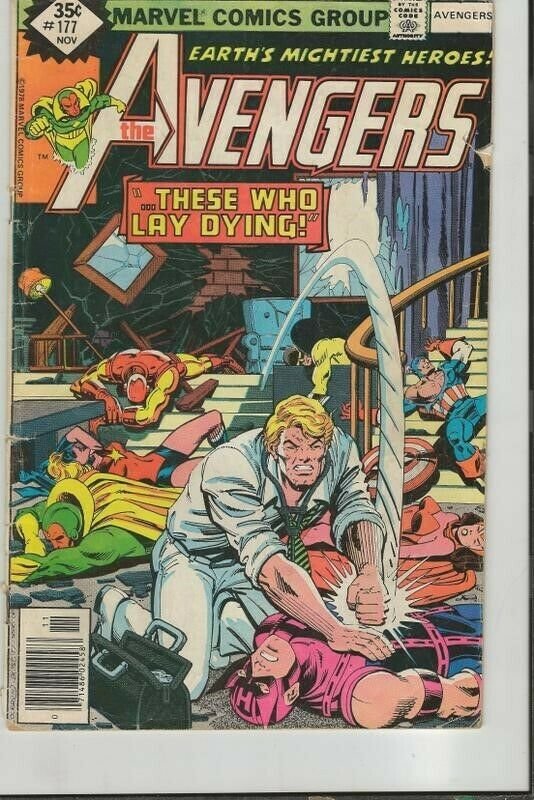
CONCLUSION:
Avengers: the Korvac Saga is solid visual storytelling from the Bronze Age, around the beginning of Jim Shooter’s reforms at Marvel. During Lee’s tenure as editor-in-chief (or whatever his title was), continuity had been an excuse to spread long-form plot lines over multiple titles as a gimmick to make readers buy multiple titles. Some of that was probably going on here, but I’m not sure if a saga like this one had been pulled off as effectively before. While reading it as an adult and a writer, there are changes I would have made to enhance the flow, verisimilitude, and avoid upstaging some great characters; but I don’t know if I could have pulled it off while battling all the opposition Jim Shooter faced while transforming Marvel into a profitable comic company.
Overall, I recommend this saga; and highly recommend it for younger readers.
SPEAKING OF ENSEMBLE SUPERHERO EPICS:
Head over to Tales of the Earthbound where I’m sharing my own graphic novel: Threat Quotient, digitally. I share a new episode every week and it’s all free. Please like, subscribe, and share!
